PAS President Says That Those Who Favour English Over Bahasa Melayu Are Trapped In The Colonial Era
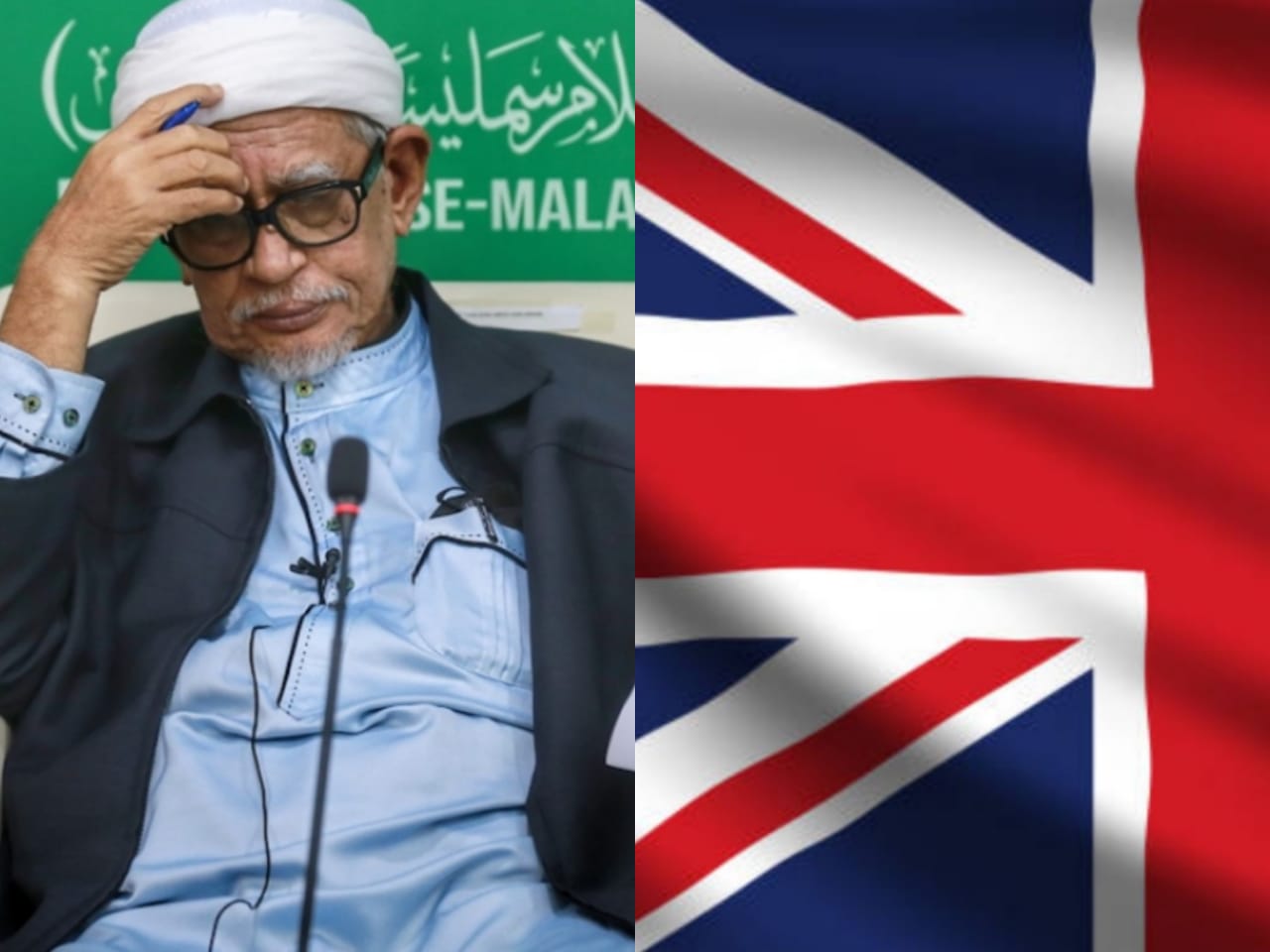 Thirsty for JUICE content? Quench your cravings on our Instagram, TikTok and WhatsApp
Thirsty for JUICE content? Quench your cravings on our Instagram, TikTok and WhatsApp
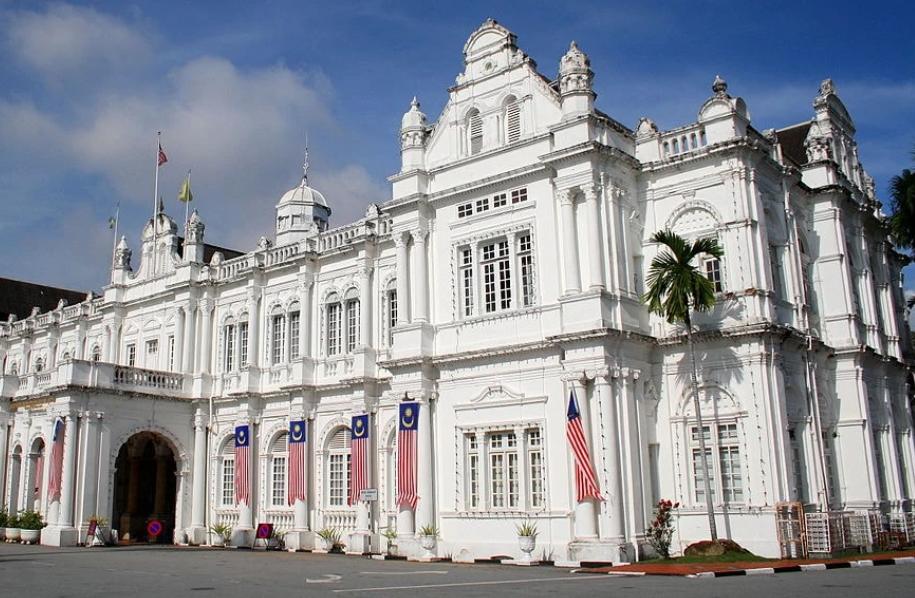
The English language spread worldwide as the British Empire began colonising and broadening its authority in the 17th century. English was widely used in the colonies, and native people were commonly expected to adapt to the situation and learn it.
As a result, it made its mark as today’s most widely spoken language with over 1.35 billion speakers worldwide and is regarded as the national language in 67 different countries. In multilingual countries like Malaysia, it has become a connecting language and a strong second language.

Domestically, the English language is incorporated into the syllabus of all students, some majoring in related courses such as TESL or literature. Public perception and corporations deem fluent English speakers intelligent as they associated the speakers with higher education as well.
However, that is always not the case.
According to PAS president Abdul Hadi Awang, those who endorse the use of English at the expense of Malay are still cocooned in the pre-independence era.
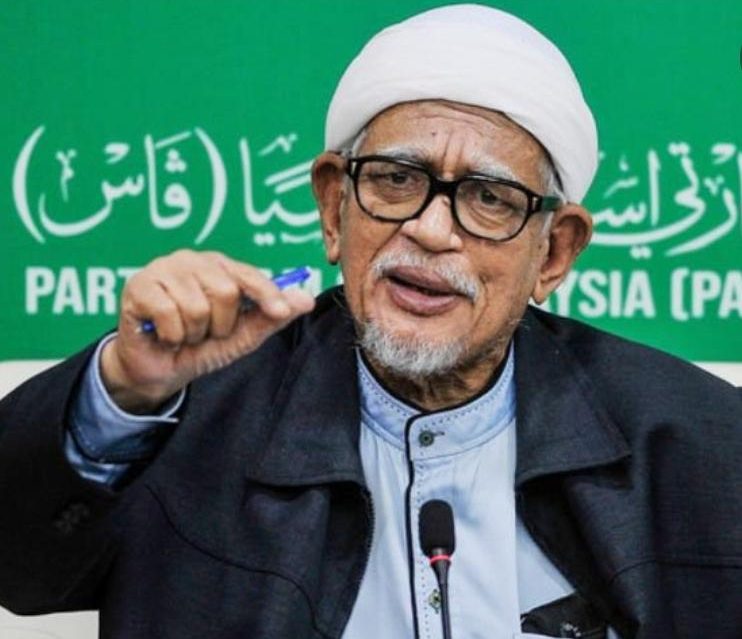
He stated that such Malaysians appeared to be ashamed to use their native language and placed a higher value on English.
“Despite being liberated from the shackles of the erstwhile colonial overlords, they are acting like slaves to the former colonial masters,” he wrote in the PAS publication Harakah.
“Dismiss the deluded narratives attempting to diminish the significance of the Malay language,” he urged.
Hadi asserted that these organisations were so intent on boosting English that they held meetings and made public statements in the language, whether on the ground or in the air.
He went on to say that many billboards, adverts, and street signs are still in English, adding that even the roads were christened after English words despite most people not speaking the language fluently.
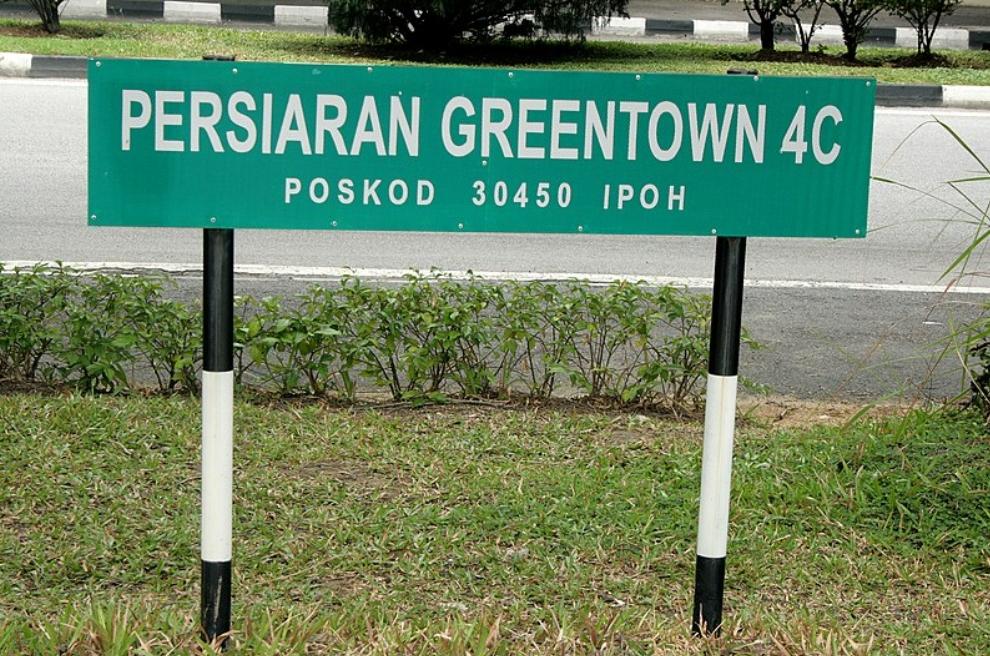
Over the years, many Malaysian authoritative figures have stressed on the importance of maintaining Bahasa Melayu as our national language.
The government recently announced that the Dewan Bahasa dan Pustaka (DBP) Act 1959 would be modified to allow the state to take action towards those who disparage the native language by instituting an RM50,000 fine or a jail sentence.
DBP chairman Awang Sariyan noted that these are among the elements suggested in the act’s legislative changes, which are now in the late phases of debate.
Subsequently, former international trade and industry minister Rafidah Aziz was one of those who critiqued the government’s guideline which urged civil servants to use Malay in all domestic and international communications.
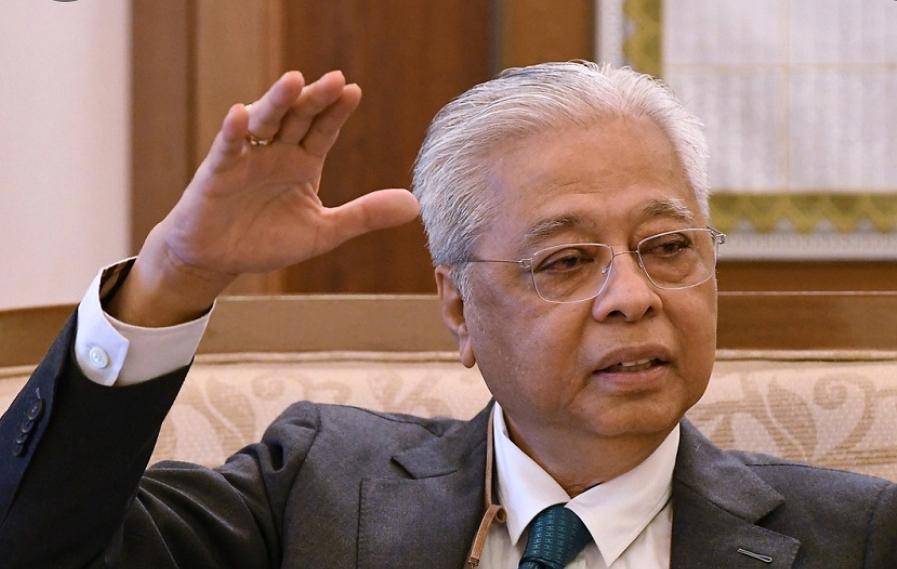
Prime Minister Ismail Sabri Yaakob defended the move, claiming that it was done to fortify the Malay language. He also declared that there was no purpose for Malaysians to be incapable of speaking the national language.
The PM also stated that countries such as France, Germany, and Japan communicate in their mother tongue and have still managed to demonstrate success and progression with minimal concerns.
Meanwhile, netizens have argued that the use of the English language was a sign of the country’s modernity and eased communications with other nations, including foreigners such as students and workers who hail from varying countries.
Some also noted that proficiency in English does not hinder one from speaking their native language and that the same value could be placed on both languages.

 Get Audio+
Get Audio+ Hot FM
Hot FM Kool 101
Kool 101 Eight FM
Eight FM Fly FM
Fly FM Molek FM
Molek FM

